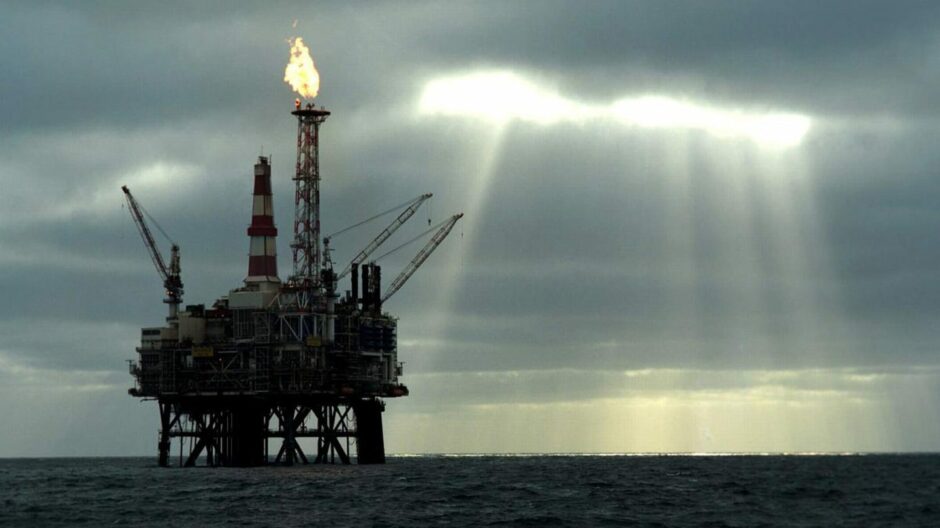
Petrofac is to support a “first-of-its-kind” study to test whether oil and gas wells in the North Sea can be repurposed for geothermal energy.
The work, on the EnQuest Magnus platform, will see the services contractor assist deep geothermal specialist, CeraPhi Energy, in the assessment.
Geothermal is a type of renewable energy taken from heat that comes from the earth’s subsurface, contained within rocks and fluids.
CeraPhi energy will use a closed loop technology designed to fit into old wells to extract heat from deep underground by a downhole heat exchanger.
Depending on the results, the heat could be used as direct power and/ or heating or cooling utilities and other services, reducing the overall carbon emissions of the facility.
Jonathan Carpenter, vice president, Petrofac New Energy Services, said the study “could be a game changer” in decarbonising oil and gas assets.
“Our engineering specialists are looking forward to working with CeraPhi on this pioneering study, which has the potential to unlock a completely new way of generating renewable power using existing oil and gas infrastructure.”
As well as the oil and gas production process, the concept has applicability for clean base load power as well, he said.
Karl Farrow, CeraPhi founder and CEO, said: “This award is a statement to how the oil and gas industry is transitioning in the decarbonisation of the oil and gas extraction process.
“If we can use old non-productive wells to produce clean baseload energy, why can’t we make those same wells produce carbon free energy when they are drilled, reducing the carbon footprint during the oil and gas extraction process and ensuring the maximum use of these assets through a complete energy transition over decades.”
The geothermal study on Magnus, which lies around 100 miles north-east of Shetland in the northern North Sea, is being supported by the Net Zero Technology Centre (NZTC).
Craig Nicol, project manager at the NZTC, said: “We are delighted to be supporting CeraPhi with this ground-breaking project that if proven could become a serious contributor to the renewable energy mix.
“The industry is facing a significant challenge to decommission wells that have come to the end of their production, this novel approach has the potential to extend their life whilst delivering on our net zero targets.”

